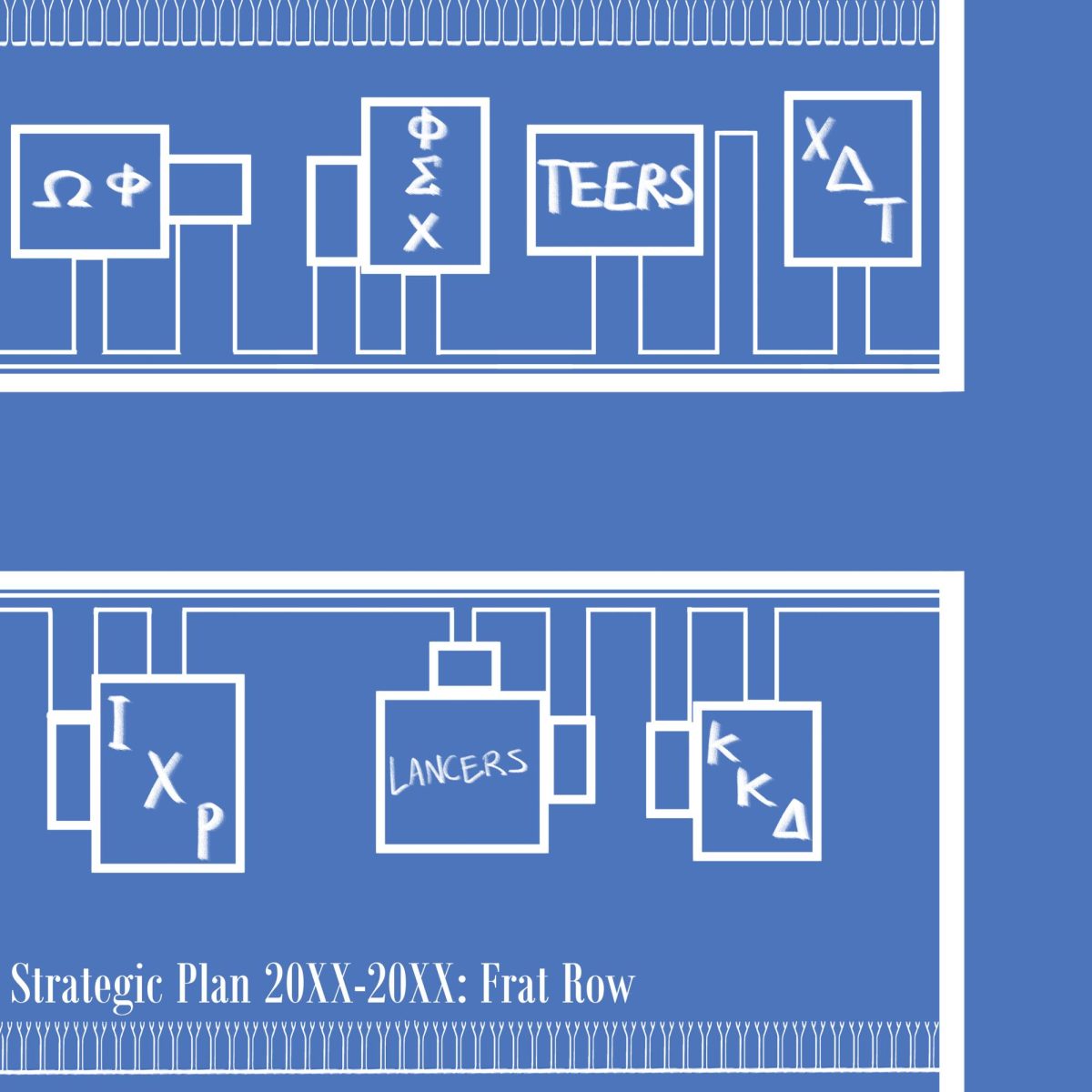As part of its flagship mental health initiative funded by SGA last semester, Trinity’s Wellness Services has partnered with MANUAL, a mental health app and website focused on improving the mental well-being of men, a demographic that is presently undertreated for mental illness. All Trinity students, regardless of gender, now have free access to the app thanks to the initiative.
Unfortunately, despite some commendable qualities, I believe MANUAL is an insufficient and flawed mental health resource that proved to be a disappointing first personal experience with the wellness initiative and its $100,000 investment. Self-help, which is what MANUAL ultimately amounts to, can be perfectly fine when coming from the right source. However, it shouldn’t be a primary pillar of mental health care, and the pervasive cultural focus on individual self-help is emblematic of our atomized sense of social responsibility.
On the surface level, MANUAL gets some obvious things right. In a world awash with obsessively misogynistic and traditionally patriarchal content, MANUAL’s video series largely advocates for a gentler, more patient and healthier model of masculinity. The app openly advocates for men to seek out professional help for mental issues and dedicates several video series to the practicing of mindfulness, yoga, meditation and emotional openness as remedies for anxiety, depression, loneliness and sexual frustration. My research for this article focused primarily on MANUAL’s videos about mental health, which I viewed on the service’s app. Users can also text a MANUAL representative about their state of mental well-being.
Unfortunately, MANUAL stops short of identifying the systemic root of these issues: patriarchy. Patriarchal socialization of men leads us to suppress our emotions, lash out in anger and violence (particularly towards women), dismiss the feelings of those around us and eschew help for mental illness. MANUAL comes frustratingly close to identifying the problem outright. It remains a welcome break from the cultural narrative blaming men’s mental health on women and feminism, but it fails to challenge its users to seriously reconsider their relationship with their own gender. The app would be more useful if it provided a video series dedicated specifically to the relationship between gender and mental health, and how men can improve their emotional intelligence by reckoning with their self-perception of their masculinity.
This shortcoming extends beyond the realm of gender. MANUAL as a whole represents a very individualistic approach to mental healthcare; even at its best, its primary content is ultimately short videos and personal messaging with a MANUAL representative. This is not exactly a vessel for systemic change, and it would be dishonest to pretend even a radical redesign of MANUAL’s structure would fix this. Rather, MANUAL serves as a prime avatar representing the lack of comprehensive systemic approaches to mental illness in the United States.
Mental illness, like almost all other issues of public health, is impacted by institutions and social systems. This is not to say personal choices, genetics or luck do not influence or trigger medical issues, but that these can be exacerbated or alleviated by our institutions. A good example of how systemic issues shape public health is the disproportionately high rate of maternal mortality faced by Black women as a result of medical racism and institutional white supremacy.
Unfortunately, we often fail to consider mental health in the same systemic dimensions. Trinity’s new initiative is illustrative of this phenomenon. The resources provided, including MANUAL, are focused on providing resources for students to access in the path of self-improvement. This could, and likely will be, immensely helpful to a good number of Tigers, but the initiative, despite acknowledging a mental health crisis among students, fails to address why so many students are suffering, and how to prevent or limit this suffering before it becomes debilitating. In addition to making individual resources accessible (which is still extremely important), mental illness must also be treated, both at Trinity and on a national level, as a systemic matter of public health.
Our mental health is intensively impacted by the institutions and systems of power around us. Americans have extremely unequal access to mental health care, divided along the usual suspects of race and class. Tens of millions of Americans work dead-end, low-paying jobs, utterly alienated from their labor, only to go home and consume a cultural diet of endless and endlessly creatively bankrupt remakes, sequels and adaptations. A drug epidemic and housing crisis, caused by the criminal greed of our economic elite, exacerbate existing mental health issues and bring them into conspicuous public view.
The U.S.’ lack of universal healthcare aggravates and intensifies all of these problems, including the mental health crisis. Imagine a world in which every American had cheap and equal access to therapists and psychiatrists, or one in which the physical and mental demands of the workplace or school played a smaller role in the totality of our lives. These would be systemic approaches to mental wellness.
MANUAL is not solely to blame for this, but it is a good example of the ways we fail to take mental health seriously as a social ill and public health crisis, and instead treat mental health as a path of personal improvement. My critique is less that MANUAL’s substance ought to be changed, aside from some more direct engagement with the role of gender roles in mental health. Rather, my issue is with its emblematic role in Trinity’s broader mental health initiative. If the university cared more deeply about student mental health, it might reexamine how academic demands or inequality amongst the student body are impacting mental well-being, in addition to providing access to resources like MANUAL.
Ultimately, as a supplement to real therapy and psychiatric treatment, MANUAL is fine and unlikely to cause any real damage, although most of its content can be found in better form elsewhere. I particularly recommend the book “The Will to Change” by bell hooks, who articulates with far greater clarity how patriarchy socializes men towards mental illness, and how this very same socialization forms the bedrock of violence and discrimination against women which maintains broader patriarchal power structures. Regardless of any shortcomings I see in MANUAL, I look forward to the further rollout of the mental wellness initiative and the resources it can bring to the Trinity community.
Categories:






